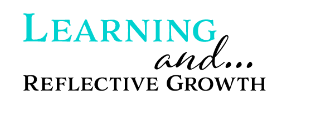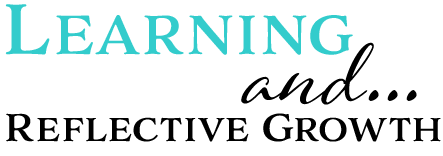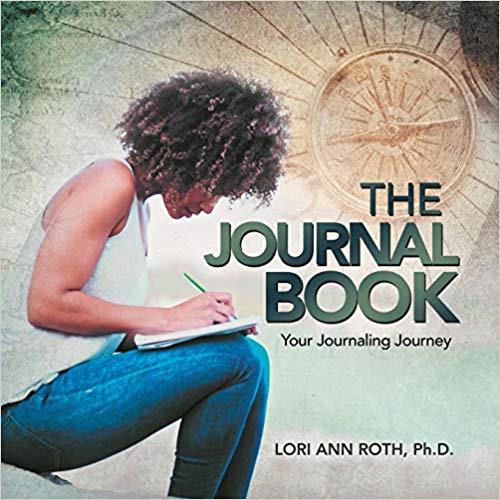Being self-aware leads to success. According to Forbes.com a Cornell Study reported that “A high self-awareness score was the strongest predictor of overall success.” We all wish to be successful in business and life. First, let’s define self-awareness.
Self-Awareness is a factor of Emotional Intelligence and is comprised of five elements.
Self-Concept
This is how you think about yourself. It is based on personal experiences, future expectations, and how you perceive your strengths. If you have a positive self-concept, you set goals, tackle challenges, and have a positive attitude.
Thoughts
Our thoughts are not our emotions or feelings. They are the self-talk that we all experience. At times we are positive other times negative. We can practice being more positive with our thoughts and that helps shape our feelings and emotions.
Feelings
Feelings are more like moods. How do you feel? These are reactions to our experiences in daily life. They tend to change quickly.
Emotions
Our thoughts are not our emotions or feelings. They are the self-talk that we all experience. At times we are positive other times negative. We can practice being more positive with our thoughts and that helps shape our feelings and emotions.
Our thoughts are not our emotions or feelings. They are the self-talk that we all experience. At times we are positive other times negative. We can practice being more positive with our thoughts and that helps shape our feelings and emotions.
Emotions are more like a state. The core emotions are happiness, sadness, anger, surprise, fear and disgust, however, scientists have identified 27 recently. Emotional intelligence helps us in our relationships and with our self-concept.
Body
When we have an amygdala hijack (fight, flight or freeze) response to something our body changes from a relaxed state to a high emotional state. When this happens our body changes. Every body reacts differently. For example, my heart races and I can feel my breathing getting faster. What does your body do when you feel high emotion? Knowing this can help with better emotional intelligence and positive intelligence.
Practical self-awareness exercises
Understanding the parts of self-awareness can help us identify when we are trying to grow and change for the better. Next, recognizing which element will help us to be able to change and adjust to become more self-aware. Below are some very practical ways to become more self-aware.
1. Get a coach
to review self-assessments such as type, strengths, and architypes. Learn more about your preferences, strengths, and challenges.
2. Ask friends and family
“What are my strengths?”, “What do I do?”, “Who am I?” “What do you like about me?” “What should I change?”
3. Keep a Journal
and read the journal after months or years. Note your wishes, dreams, and challenges. Record any growth. Look for changes in writing and attitude.
4. Take assessments
such as Gallup’s strengths finder, MBTI, emotional intelligence, or positive intelligence. There are so many assessments out there today. Some require a certified expert to analyze the results and others are free and easy to interpret.
5. Be in the present
at meetings. Most people zone out at staff meetings and other gatherings. Be there and contribute.
6. Meditate
Start with guided meditations which are free on the Internet. There are many ways to meditate. Meditation increases your frontal lobe, thus giving us more power of concentration.
7. Exercise “in the moment”
Be aware of what your body is doing when you exercise. Clear your mind and get “in the zone”.
8. LISTEN
to others speak instead of having a pre-planned message of your own. Tune in to their non-verbal and verbal messages. Decide if they are comfortable or not with the conversation. Make them feel more comfortable while in dialogue. Monitor their behavior and your own.
9. Tune in
to your emotions during a conversation with another person. Emotions are the navigation system to help you decided what is good and what is not good for you.
10. Be aware
of what your body is doing. If you are tense, relaxed, have sweaty palms, shallow or deep breathing. Your body is the clue to your emotions.
11. 360
Ask important people in your life (co-workers, your boss or clients, people you see often) important questions. What do I do well? Where can I improve? Take their feedback to heart and work on yourself daily.
Which one of these tips would you like to try first?
Please let me know if you are already doing some of these tips. How self-aware are you? Which exercises would you like to try? Let’s share other ideas of how to be more self-aware. I would be happy to add to this list.
#self-awareness #emotional intelligence #leadership #growth

Lori Ann Roth, Ph.D., CPTD is a life long learner and the President of “Learning and…Reflective Growth,” a company that specializes in training and coaching. She has dedicated her education, knowledge, and experience to enhance the personal and professional development of others. If you wish to see more articles like this please visit her blog at www.larg.com



